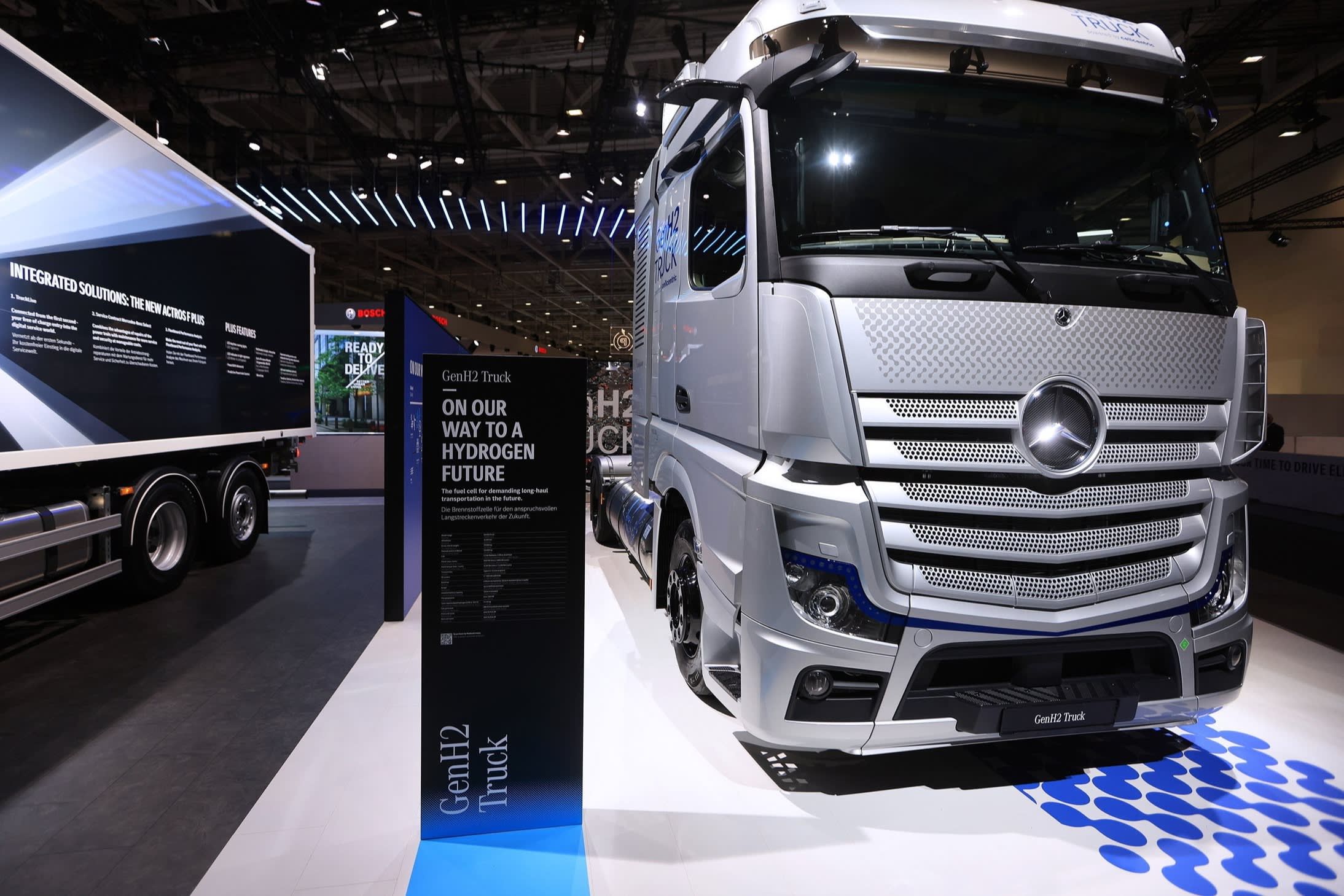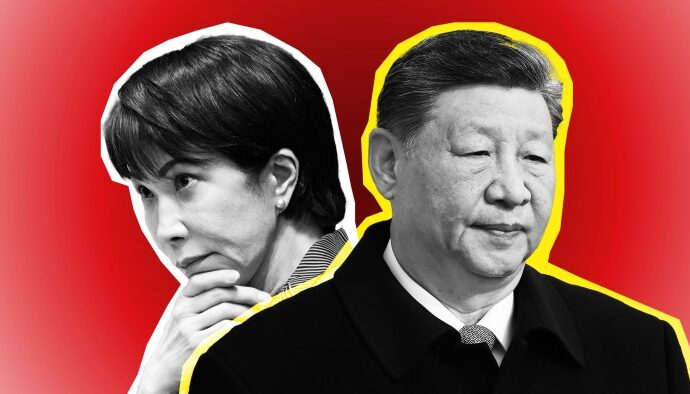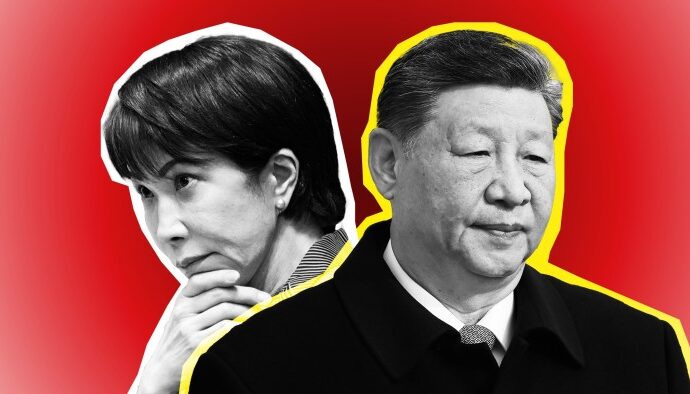Stay informed with free updates
Simply sign up to the Automobiles myFT Digest — delivered directly to your inbox.
Daimler Truck’s chief executive has said the group will not rule out an exit from manufacturing in China as the world’s largest truck producer grapples with a “crazy” global down cycle, compounded by US tariffs and weak demand in Europe.
The German group’s struggles in China have coincided with restructuring measures in Europe. Last week it announced plans to cut 5,000 jobs in its home country by the end of the decade.
“Basically we’re looking at everything,” Karin Rådström said in an interview with the Financial Times when asked about the company’s future in China. “It is the biggest truck market in the world. It’s not an easy market to be profitable in but . . . it’s also a market where technological development moves fast.”
Last year the company booked an impairment charge of €120mn on the value of its joint venture in China as sales of diesel trucks took a hit when demand shifted to liquefied natural gas-powered vehicles after gas prices in the country fell following Russia’s invasion of Ukraine.
According to official figures, China’s heavy-duty truck market went from roughly 1mn units — the majority diesel powered — in 2021 to 430,000 units in 2023, of which only 250,000 had diesel engines.
The significant decline has hurt the group after it localised production of its diesel-powered Mercedes-Benz Actros tractor trucks from 2022.
Analysts anticipate a potential exit after the company told investors that it would decide on the future of its China business by the end of this year. “Our base expectation is a wind-down of operations in the country while still serving via exports,” said Bernstein analyst Harry Martin.

Rådström added that the company wanted to remain in China in some form to retain access to research and development and sourcing of materials, but conceded it may not need to keep a manufacturing footprint.
The 46-year-old Swedish boss took over the truckmaker in October, becoming one of the few female CEOs in the automotive industry.
Despite having experienced a series of down cycles in her two-decade career, Rådström said rapid shifts in software and other technological advances had played a part in making the current one the most challenging.
“There are more factors of uncertainty . . . and it’s a little bit more crazy,” Rådström said. “There has been almost no period of normal.”
The biggest uncertainty is Donald Trump’s tariff war. Daimler Truck reported a 20 per cent decline in second-quarter sales in North America as logistics companies held off purchases due to the evolving nature of the US tariffs.
The group currently benefits from a framework that allows it to assemble trucks in Mexico and then ship them to the US without any tariffs as long as it is compliant with the USMCA trade pact.
But the Trump administration has been carrying out a national security probe on commercial vehicles that could alter this favourable set-up.
The tough market conditions and competition from Chinese rivals recently forced Daimler Truck and Toyota to merge their heavy goods vehicle business in Japan.
The German group is also seeking to double its defence business by 2030 through expanding sales of military commercial vehicles, but the unit is still small, accounting for roughly 1 per cent of overall group revenue.
Rådström said Chinese competition was not new but the group’s strategy was more “structured” and it was more interested in exporting products out of its home market. “What’s important for us as well as for our European competitors is to focus on being competitive,” she added.
Additional reporting by Gloria Li in Hong Kong


